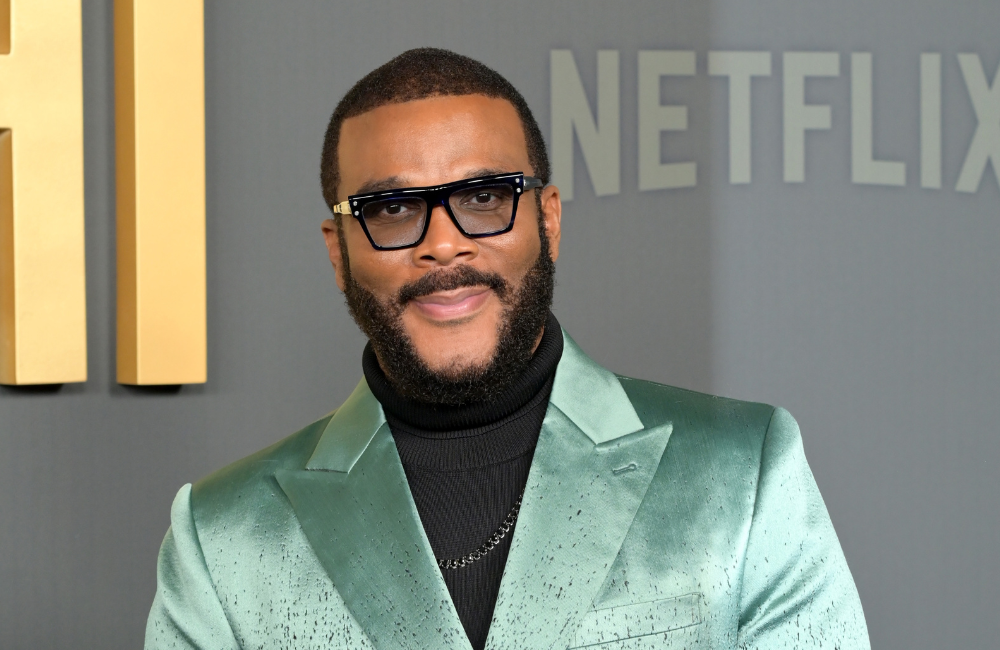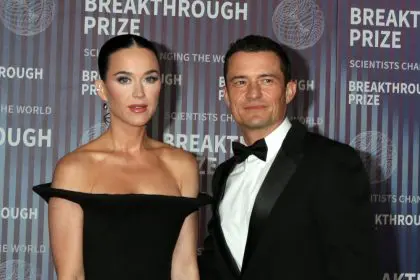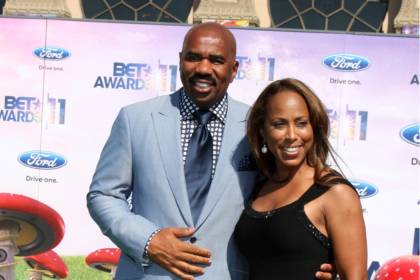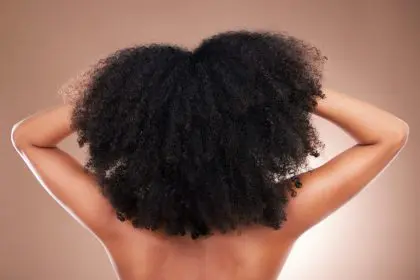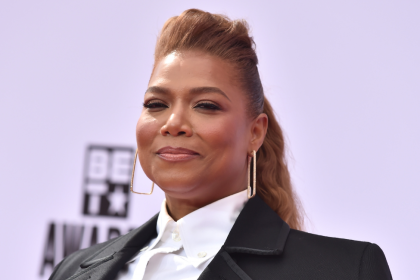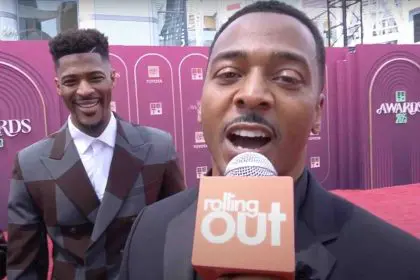In a powerful demonstration of allyship, filmmaker Tyler Perry intervened when interviewers persistently questioned Janet Jackson about her 2004 Super Bowl performance during what was supposed to be a promotional interview for their film. The recently resurfaced interview clip from 2007 shows Perry firmly redirecting conversation back to their movie Why Did I Get Married? when interviewers fixated on Jackson’s wardrobe malfunction incident.
The clip has gained renewed attention across social media platforms, sparking important conversations about how Black women in entertainment face disproportionate criticism and scrutiny compared to their white counterparts.
The incident that changed broadcasting
The Super Bowl halftime show in February 2004 became a pivotal moment in broadcasting history when a performance between Janet Jackson and Justin Timberlake resulted in an unexpected wardrobe malfunction. During the final moments of their performance, Timberlake pulled away part of Jackson’s costume, briefly exposing her breast to millions of viewers.
The fallout was immediate and severe. The Federal Communications Commission implemented stricter broadcasting policies, and television networks introduced broadcast delays for live performances. While both performers were involved in the incident, Jackson bore the brunt of public criticism and career repercussions.
Uncomfortable interview dynamics
During the 2007 interview meant to promote Why Did I Get Married?, interviewers deliberately steered the conversation toward the Super Bowl controversy. One interviewer notably claimed Jackson had single-handedly rocked the broadcast world, impacted policy changes, and cost millions of dollars as a result of that single incident.
The interviewers continued pressing the issue despite visible discomfort from both Perry and Jackson. When the questioning persisted, Perry decisively intervened, stating they were there to talk about the movie and should keep to what they wanted to discuss.
Despite this clear boundary, the interviewers further displayed insensitivity by making light of the situation and even joking about filing complaints.

Racial disparities in accountability
The interview highlights a troubling pattern in how media treats Black women versus their white counterparts. While Jackson’s career suffered significant setbacks following the Super Bowl incident, including being blacklisted from radio stations and having her Grammy invitation rescinded, Timberlake’s career continued to flourish largely unaffected.
This disparity represents a larger issue within the entertainment industry where Black women frequently face harsher judgment, more intense scrutiny, and fewer opportunities for redemption after controversies. Perry’s intervention represents a necessary example of how allies can use their platforms to challenge these inequities.
Industry protectionism remains inconsistent
The entertainment industry has long displayed patterns of selective protection. While certain celebrities receive immediate defense and support during controversial moments, others – particularly Black women – are often left to weather media storms alone.
Perry’s protective stance toward Jackson demonstrates how crucial it is for industry peers to step in when media outlets cross boundaries. His refusal to allow interviewers to hijack the conversation shows a recognition of how media narratives can perpetuate harm long after incidents occur.
Entertainment professionals have increasingly recognized their responsibility to challenge inappropriate questioning rather than allowing colleagues to face undue scrutiny. However, this protection remains unevenly distributed across racial and gender lines.
Public response to resurfaced clip
The rediscovery of this interview has galvanized support across social media platforms. Fans and industry observers have praised Perry’s professionalism and protectiveness during what was clearly an uncomfortable situation for Jackson.
Many commentators have drawn parallels between this incident and more recent examples of media mistreatment of Black female celebrities, noting how little has changed in the intervening years. The conversation has expanded to include discussions about the broader pattern of holding Black women to different standards than their peers.
The support for Tyler Perry‘s stance has been widespread, with many praising his commitment to protecting Jackson’s dignity. Discussions about the media’s role in perpetuating harmful stereotypes and narratives about Black women have gained traction. Calls for accountability in how media outlets handle sensitive topics related to race and gender continue to grow.
The renewed attention on this interview comes amid growing calls for media outlets to reflect on their historical treatment of celebrities, particularly women of color. Many entertainment journalists and platforms have begun reassessing past coverage, acknowledging how certain narratives have disproportionately damaged specific careers.
This moment of reflection offers an opportunity for media organizations to implement more equitable approaches to celebrity coverage. By recognizing patterns of bias and working actively to disrupt them, entertainment journalism can evolve toward more responsible reporting practices.
Perry’s straightforward defense of Jackson serves as a blueprint for how industry figures can use their influence to redirect conversations and protect colleagues from inappropriate questioning. As discussions about media ethics continue to evolve, this interview stands as a reminder of both how far we’ve come and how much work remains to be done.

